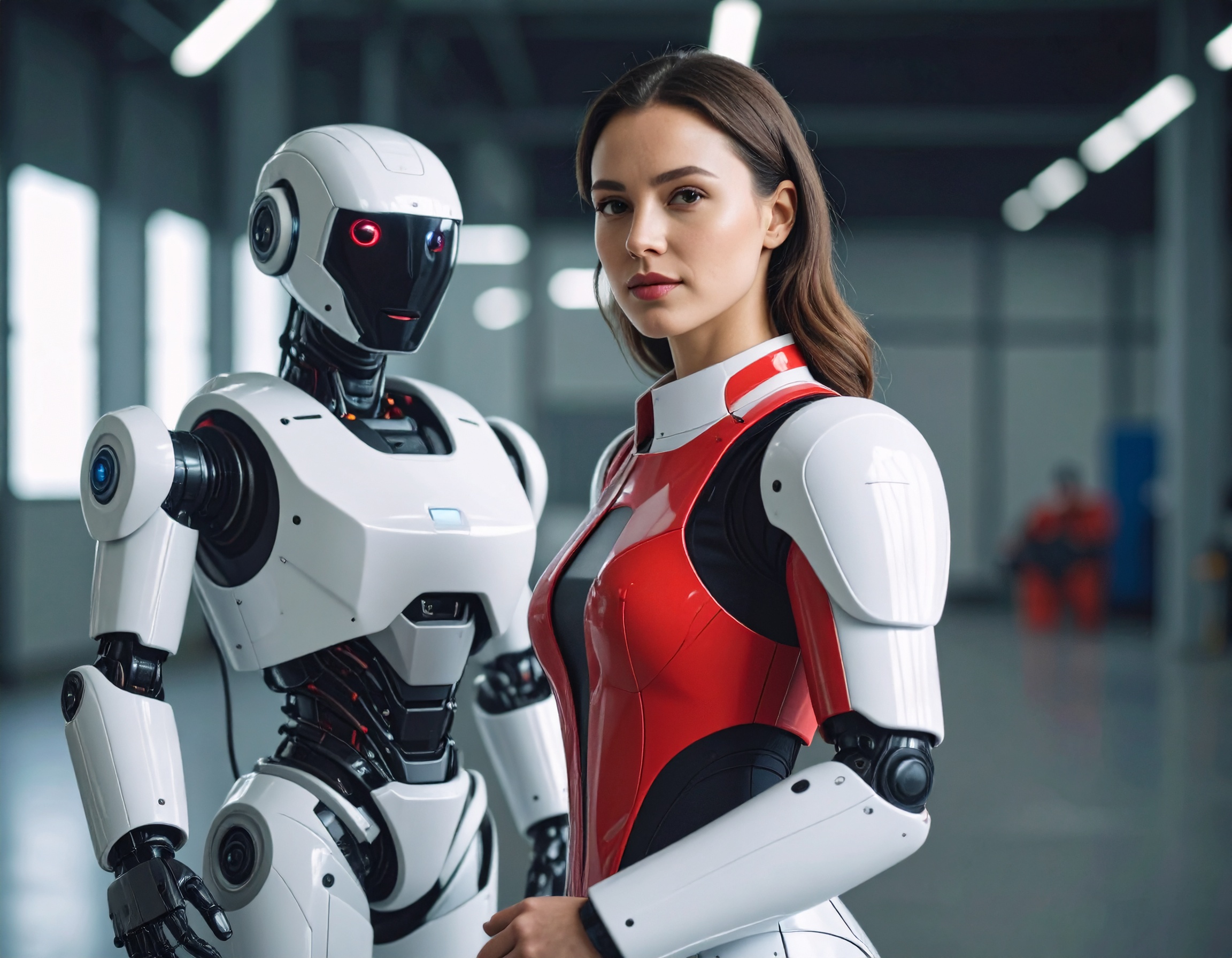Unraveling the Literary Secrets of Artificial Minds: A Journey Through ‘Literary Theory for Robots’

In Dennis Yi Tenen's captivating exploration, "Literary Theory for Robots," he delves into the intricate realm of artificial intelligence and the evolution of computer-generated writing. Published on February 7, 2024, the book weaves a narrative that connects modern chatbots, pulp-fiction plot generators, dictionaries, and medieval prophecy wheels, revealing the indispensable human aspect in language and learning.
Tenen, a former Microsoft software engineer turned literature professor, emphasizes that despite advancements in machine intelligence, a fundamental human touch is essential for meaningful communication. He illustrates this with a minor typo in his book, highlighting how, amidst the rise of powerful machines, humans continue to shape and determine significance in language.
The book spans centuries, linking the 14th-century Arab scholar Ibn Khaldun's prophecy wheel to the 20th-century Russian mathematician Andrey Markov's contributions to generative A.I. Tenen demystifies the current debates on A.I., emphasizing collaboration in its development rather than attributing independent thinking to machines.
As the digital landscape transforms, Tenen addresses the implications for non-human workers, urging readers not to succumb to metaphors that anthropomorphize A.I. Instead, he encourages unraveling these metaphors to better understand the collaborative effort behind technological advancements. Tenen's insights provoke thought on the evolving nature of work and the responsibility we bear in guiding the trajectory of technology.
In the face of concerns about A.I. threatening knowledge work, Tenen acknowledges the changing landscape but argues that automation reduces barriers, allowing individuals to focus on more creative tasks. He contends that, as social beings, our agency lies in holding technology makers accountable. "Don't do that," he advises, emphasizing the need for responsible use of technology. "Literary Theory for Robots" serves as a thought-provoking guide through the intricate relationship between humanity and artificial minds, offering a glimpse into the future of collaboration between intelligent agents and digital employees.
Key Highlights:
- Human Essence in Artificial Intelligence: Tenen's "Literary Theory for Robots" emphasizes the enduring human aspect in language and learning, arguing that, despite the rise of advanced machines, a core of meaning emerges from human experience, crucial for meaningful communication.
- Illustrative Typo: A minor typo in Tenen's book, "Mediations" instead of "Meditations," serves as a poignant example, highlighting that, amidst technological advancements, humans continue to shape and determine significance in language.
- Historical Connections: The book spans centuries, connecting the 14th-century prophecy wheel to the 20th-century mathematician Andrey Markov's contributions to generative A.I., illustrating the evolution of artificial intelligence and its collaborative nature.
- Demystifying A.I. Debates: Tenen shifts the conversation around A.I., urging readers to view it as a collaborative effort rather than an independent entity with a mind of its own. He encourages a nuanced understanding of the human role in building and shaping technology.
- Metaphors and Language: Tenen prompts readers to be skeptical of metaphors ascribing human cognitive aspects to A.I., advocating for an unwinding of these metaphors to comprehend the collaborative work behind technological advancements.
- Implications for Non-Human Workers: Addressing concerns about A.I. threatening knowledge work, Tenen acknowledges the changing landscape but argues that automation reduces barriers, enabling individuals to focus on more creative tasks.
- Human Agency: As social beings, Tenen stresses the importance of holding technology makers responsible for their actions. He advises against treating A.I. as a singular god, promoting a collective responsibility in guiding the trajectory of technology.
- Thought-Provoking Guide: "Literary Theory for Robots" serves as a concise, thought-provoking guide through the intricate relationship between humanity and artificial minds, offering insights into the future collaboration between intelligent agents and digital employees.
Reference:
https://www.nytimes.com/2024/02/07/books/review/literary-theory-for-robots-dennis-yi-tenen.html


